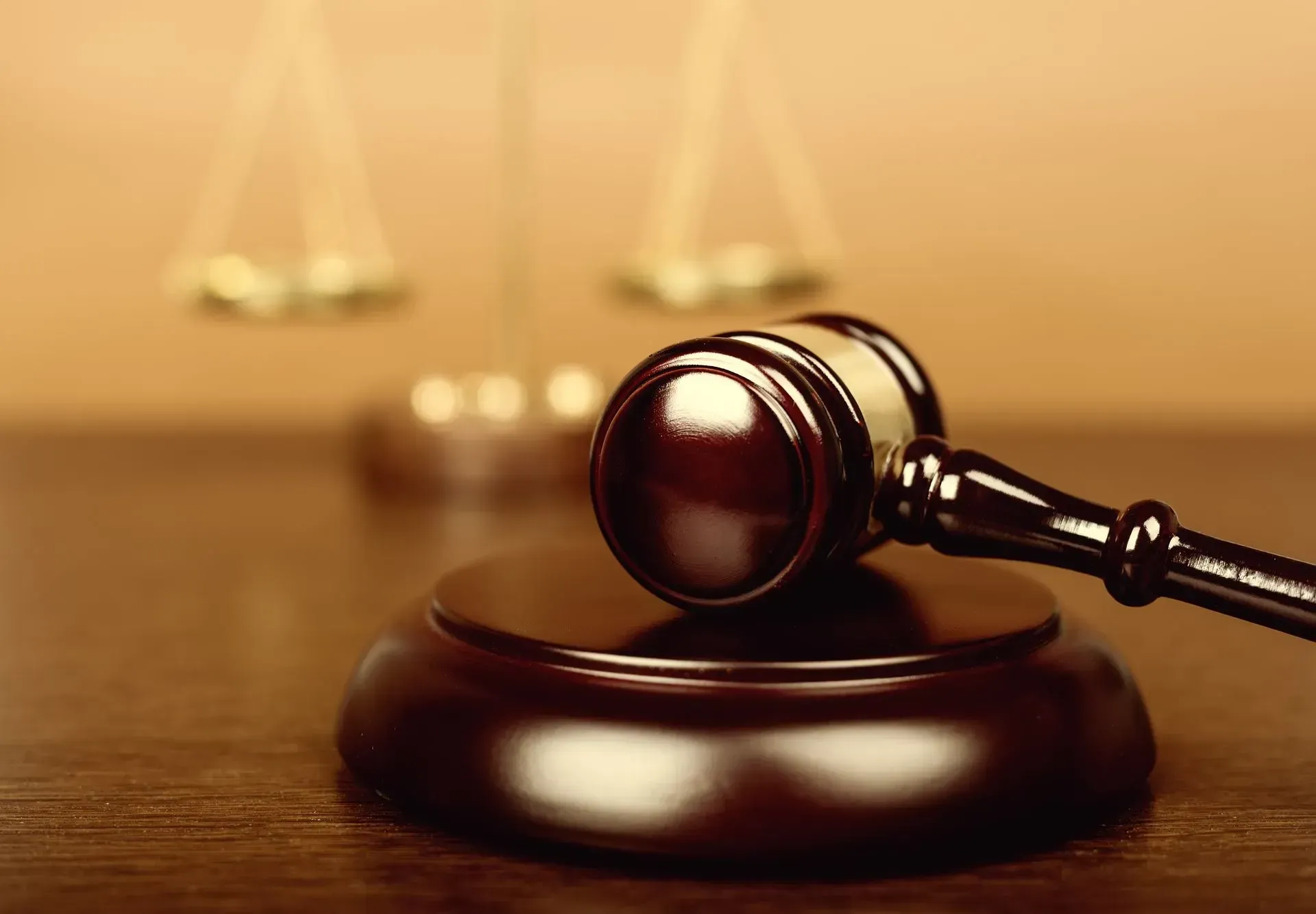Understanding Your Rights After a Personal Injury: Legal Insights
If you have been injured due to someone else's negligence, wrongdoing, or defective product, you may be entitled to compensation for your losses. Personal injury law is the area of law that protects your rights when you are harmed by another party. However, personal injury cases can be complex and challenging to navigate without proper guidance. That's why you need a trusted and experienced personal injury lawyer on your side.
In this blog post, we will explain some of the basics of personal injury law, and answer some of the frequently asked questions that we encounter from our clients. We hope that this information will help you understand your rights and options after a personal injury.
What is Personal Injury Law?
Personal injury law, also known as tort law, governs situations where individuals cause harm or losses to others. This legal framework enables individuals to pursue claims against those responsible for their injuries or damages.
There are three main reasons for initiating personal injury lawsuits:
- Negligence is the most common basis for such claims, where liability arises from a failure to exercise reasonable care under the circumstances. For instance, a driver who disregards a red light and collides with a pedestrian.
- Strict Liability holds a defendant accountable for their actions regardless of their intent or mental state at the time of the incident. For instance, a manufacturer who distributes a defective product leads to consumer injuries.
- Intentional Wrongs stem from deliberate actions by the defendant, such as physical assault causing harm to another individual.

What are the Types of Personal Injury Cases?
Personal injury cases can arise from a variety of situations where you are harmed by another party. Some typical examples of personal injury cases include:
Car Accidents
If you are injured in a car accident caused by another driver's negligence, you can file a claim against the at-fault driver and their insurance company. You may be able to recover damages for your medical bills, lost wages, pain and suffering, and property damage.
Workplace Accidents
If you are injured on the job, you may be eligible for workers' compensation benefits, which can cover your medical expenses, lost income, and disability. However, if your employer or a third party was negligent or reckless in causing your injury, you may also have a personal injury claim against them.
Slip and Fall Accidents
If you are injured on someone else's property due to a hazardous condition, such as a wet floor, a broken stair, or a loose railing, you may have a premises liability claim against the property owner or manager. You will need to prove that they knew or should have known about the danger, and failed to fix it or warn you about it.
Product Liability Accidents
If you are injured by a defective or dangerous product, such as a faulty appliance, contaminated food, or a defective medical device, you might have a valid product liability case against the manufacturer, distributor, or seller of the product. You will need to prove that the product was defective in design, manufacturing, or marketing and that the defect caused your injury.
Medical Malpractice Accidents
If you are injured by a medical professional's negligence or error, such as a misdiagnosis, a surgical mistake, a medication error, or a birth injury, you may have a medical malpractice claim against the doctor, nurse, hospital, or clinic. You will need to prove that they violated the standard of care and that their breach caused your injury.
What are the Damages in a Personal Injury Case?
Damages are the monetary compensation that you can receive in a personal injury case. Damages are meant to compensate you for your losses and restore you to the position you were in before the injury. Compensation for personal injury can encompass various types of damages, including, but not limited to, the following:
Economic Damages
These are the tangible and measurable losses that you have incurred, such as medical expenses, lost wages, property damage, and future loss of earning capacity.
Non-Economic Damages
These are the intangible and subjective losses that you have suffered, such as pain and suffering, emotional distress, loss of enjoyment of life, and loss of consortium.
Punitive Damages
These are the damages that are intended to punish the defendant for their egregious or malicious conduct, and to deter them and others from repeating such behavior. Punitive damages may not be accessible in every case and are bound by statutory constraints.
How to File a Personal Injury Claim?
The process of filing a personal injury claim can vary depending on the type and complexity of your case, but it generally involves the following steps:
Seek Medical Attention
The first and most important thing to do after an injury is to seek medical attention as soon as possible. This will not only ensure your health and safety but also provide documentation and evidence of your injury and its severity.
Gather Evidence
The next thing to do is to gather as much evidence as you can to support your claim. This may include photos, videos, witness statements, police reports, medical records, receipts, and any other relevant documents.
Contact a Personal Injury Lawyer
The sooner you contact a personal injury lawyer, the better. A personal injury lawyer can help you understand your rights and options, evaluate your case, negotiate with the insurance company, and represent you in court if necessary. A personal injury lawyer can also help you avoid common mistakes that could jeopardize your claim, such as giving a recorded statement, signing a release, or accepting a lowball offer.
File a Complaint
If you and the insurance company cannot reach a fair settlement, you may need to file a complaint in the appropriate court. A complaint is a formal document that states your allegations and demands against the defendant. The defendant will then have a chance to respond to your complaint and raise any defenses or counterclaims.
Go to Trial
If your case cannot be resolved through negotiation, mediation, or arbitration, you may need to go to trial. A trial is a formal proceeding where both sides present their evidence and arguments to a judge or jury, who will then decide the outcome of your case. A trial can be lengthy and costly, but it may also result in a higher award than a settlement.
Justice Served with a Side of Wit: Why Choose Besse Law Office P.A.
At Besse Law Office P.A., we have been representing injured clients in Overland Park, KS, and surrounding areas for years. We handle all types of personal injury cases, including workers' compensation, social security disability, personal injury, and DUI. We are committed to providing you with personalized and compassionate legal service and fighting for the maximum compensation you deserve.
If you've been injured due to the negligence of another party, don't hesitate to seek legal guidance. Contact Besse Law Office P.A. today at (913) 341-0005 to schedule a consultation with one of our experienced attorneys. Let us help you understand your rights and fight for the justice and compensation you deserve.
Frequently Asked Questions
What Is the Timeframe Within Which I Must Submit a Personal Injury Claim?
The time limit to file a personal injury claim is called the statute of limitations. The statute of limitations varies depending on the type and location of your case, but in Kansas, it is generally two years from the date of the injury. If you fail to file your claim within the statute of limitations, you may lose your right to sue and recover compensation. Therefore, it is advisable to contact a personal injury lawyer as soon as possible after your injury.
How Much Does a Personal Injury Case Cost?
The value of your personal injury case depends on many factors, such as the severity and permanence of your injury, the extent and duration of your medical treatment, the impact of your injury on your ability to work and enjoy life, the liability and insurance coverage of the defendant, and the strength of your evidence and arguments. A personal injury lawyer can help you estimate the potential value of your case based on their experience and knowledge of the law and the local market.
How Long Will My Personal Injury Case Take?
The duration of your personal injury case depends on many factors, such as the complexity and type of your case, the cooperation and availability of the parties and witnesses, the backlog and schedule of the court, and the willingness of the parties to settle or go to trial. A personal injury case can take anywhere from a few months to a few years to resolve. A personal injury lawyer can help you expedite your case and keep you updated on its progress.
Do I Need to Go to Court to Resolve My Personal Injury Claim?
Many personal injury claims are resolved through out-of-court settlements, negotiated between the parties involved. However, if a fair settlement cannot be reached, it may be necessary to file a lawsuit and pursue your case in court. Our attorneys are skilled negotiators and trial advocates, prepared to pursue the best possible outcome for your case, whether through settlement or litigation.
What Happens if I Bear Some Responsibility for The Accident?
Kansas follows a comparative negligence system, which means that even if you were partially at fault for the accident, you may still be able to recover compensation. Nevertheless, the compensation you receive might be decreased proportionally to your degree of responsibility. Our attorneys can assess the circumstances of your case and advise you on the best course of action.
Recent Posts




